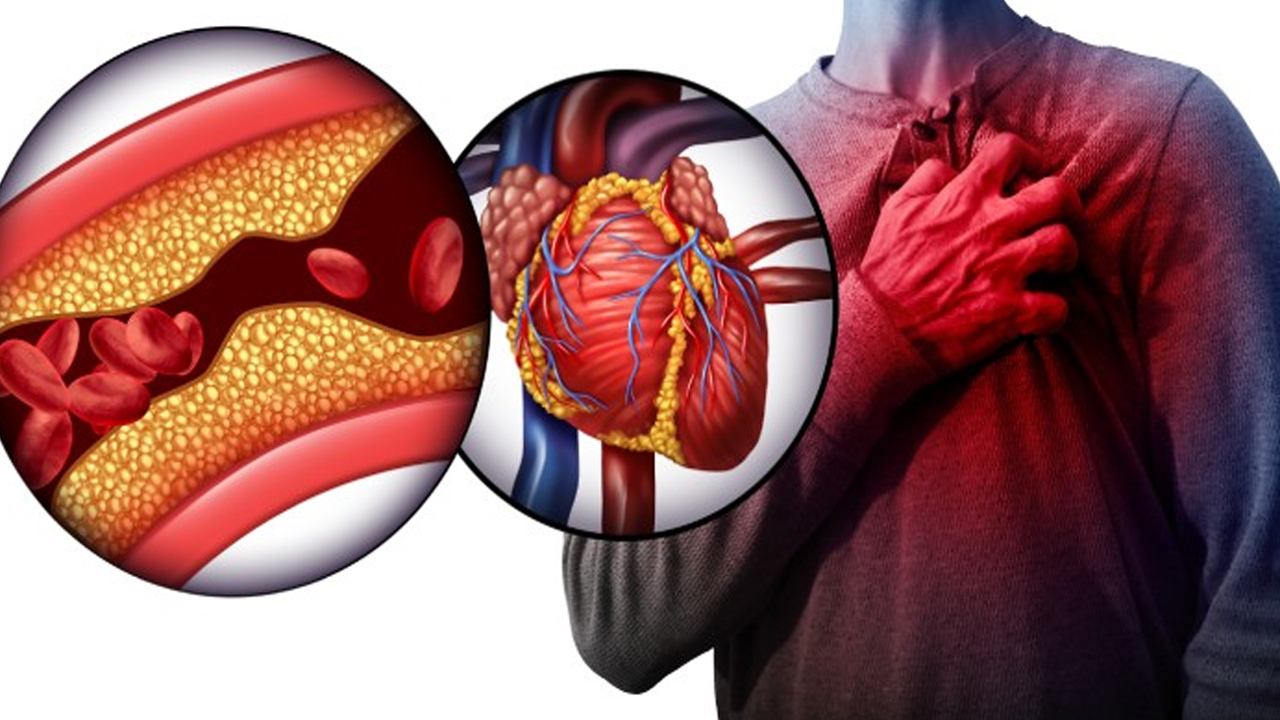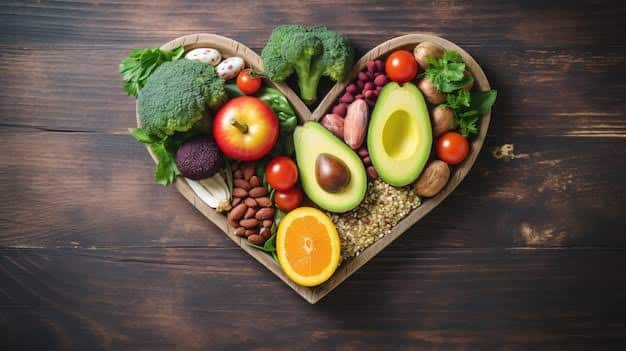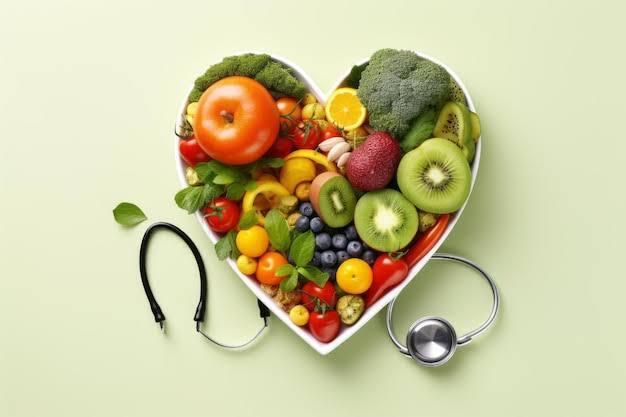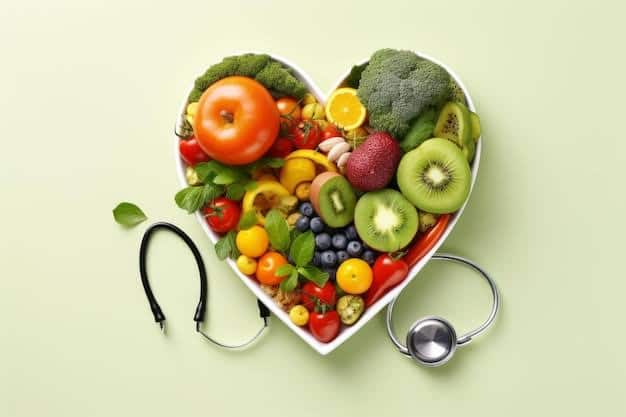
Once a heart attack occurs, one's entire lifestyle changes. In such a situation, the patient should focus on a healthy diet. Because a little negligence can be fatal. In such a situation, keep a good diet. To avoid another heart attack, you can improve your diet by eating more heart-healthy foods and limiting foods that are high in saturated fat, added sugars, and sodium:
- Eat more fiber: Eat fruits, vegetables, beans, and whole grains.
- Limit saturated fat: Cut back on fatty meats and high-fat dairy products.
- Limit sodium: Read the Nutrition Facts label and choose foods that are lower in sodium. You can limit your sodium intake to no more than 2,000 milligrams per day.
- Limit added sugars: Avoid foods that are high in added sugars.
- Avoid alcohol: Drinking too much alcohol can weaken your heart over time.

If someone has had a heart attack once, it becomes necessary to take a proper diet to avoid another heart attack. Cardiologists say that our diet affects body weight, blood pressure, cholesterol level, and blood sugar level. If someone has had a heart attack or has been treated for cardiovascular disease before, then changes in diet can prevent the disease from worsening and another heart attack.

Heart patients have many diet options to improve their health. Heart patients should have vegetables and fruits on their plate. Along with this, whole grains and healthy proteins should also be eaten along with them.

Monounsaturated fats and omega-3 fatty acids are considered very good for the heart. Eat plenty of monounsaturated fats like avocado, olive oil and almonds. Consumption of all these things reduces bad cholesterol and increases good cholesterol. This keeps the heart healthy.

Whole grains, fruits and vegetables are rich in fiber. Whole grains like brown rice and quinoa control blood sugar levels and cholesterol in the body. Fruits and vegetables also contain vitamins, minerals and antioxidants, which keep our heart healthy. Broccoli, carrots, and leafy vegetables are good for the heart.

Dairy products rich in calcium, protein and vitamins help prevent heart diseases. Low-fat or fat-free dairy products are better than high-fat ones. These include fat-free yogurt, cheese and milk.

Heart patients should consume less salt. Salt is good for the body if taken in small amounts, but excess salt can increase blood pressure. Therefore, consume salt in small amounts. Use herbs and spices instead of salt.
--Advertisement--

 Share
Share



